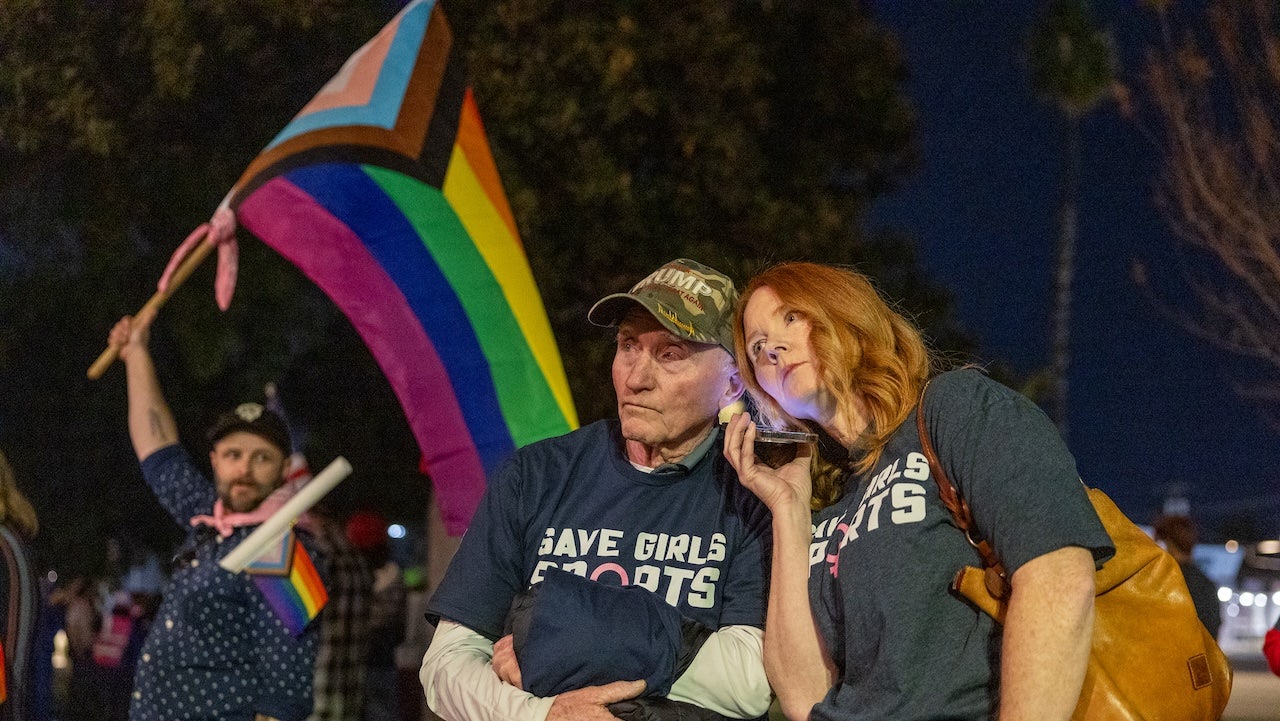California residents mostly oppose trans athletes in girls sports: survey

A recent bipartisan survey conducted by the Public Policy Institute of California revealed that a majority of California residents, including over 70% of the state’s school parents, are against biological male trans athletes participating in women’s sports. The survey indicated that most Californians support transgender athletes competing on teams that align with the sex they were assigned at birth.
Governor Gavin Newsom acknowledged the inherent unfairness of allowing trans athletes to compete in girls’ sports during a recent episode of his podcast. However, he defended the decision to permit it, citing empathy for the transgender community. California was one of the first states to defy former President Donald Trump’s executive order that aimed to keep biological males out of women’s sports.
The California Interscholastic Federation (CIF) announced that it will continue to adhere to the state law allowing athletes to participate based on their gender identity rather than their biological sex. This decision has stirred controversy and debate among residents and policymakers in California.
AB 1266, a law enacted in 2014, grants California students the right to participate in sex-segregated school programs and activities based on their gender identity, regardless of the gender listed on their records. The CIF Bylaw 300.D. mirrors this law, ensuring that all students can engage in CIF activities in alignment with their gender identity.
Despite efforts to amend the laws and restrict student-athletes to compete based on their biological sex, the California state assembly, with its Democratic majority, rejected two bills aimed at changing the existing regulations. This decision has drawn criticism and warnings from U.S. Secretary of Education Linda McMahon, urging Governor Newsom to comply with federal guidelines.
The ongoing debate surrounding transgender athletes in sports has sparked national conversations and ignited a counter-cultural movement. Supporters and opponents continue to voice their opinions, with concerns about fairness, equity, and Title IX compliance at the forefront of the discussion.
As the controversy persists, it remains to be seen how California will navigate the complex intersection of transgender rights and athletic competition. The state’s stance on this issue could have far-reaching implications for future policies and regulations governing sports participation.




